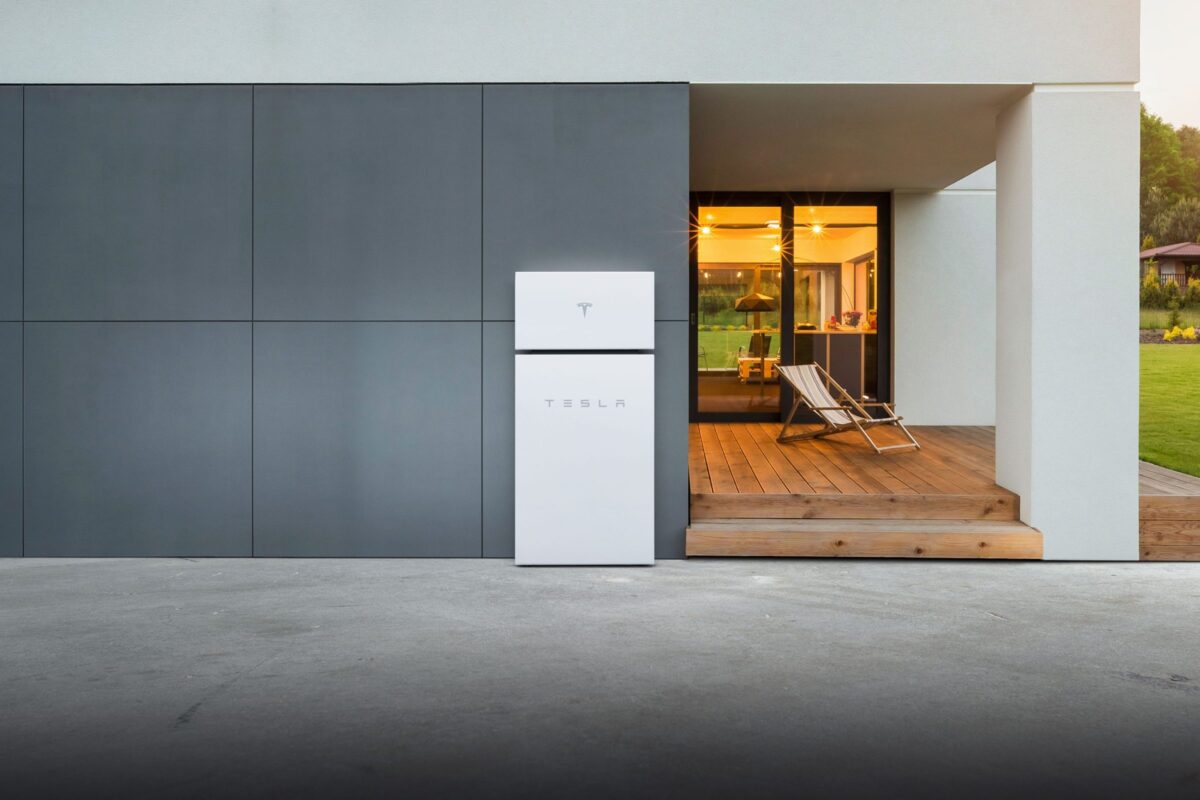Eight Puerto Rico organizations and the Center for Biological Diversity have sued the Federal Emergency Management Agency (FEMA) and the Department of Homeland Security over their plans to rebuild Puerto Rico’s grid “back to the fossil fuel status quo” instead of investing in “the distributed renewable energy Puerto Ricans need,” according to a statement.
The lawsuit, filed in the U.S. District Court for the District of Columbia, says that FEMA, in pursuing those plans, has violated the National Environmental Policy Act. The lawsuit says that while FEMA has approved about $12.8 billion for the Puerto Rico utility PREPA to rebuild the grid, based “on information and belief,” so far only “a small fraction of that money has been spent,” and even less has been spent on “permanent works.” The Center for Biological Diversity has filed a Freedom of Information Act request with FEMA asking for detail on its expenditures.
The rebuilding comes after Hurricane Maria caused catastrophic damage to Puerto Rico’s electric transmission and distribution lines in 2017, causing an extended blackout in which thousands died. Puerto Rico also suffered blackouts from Hurricane Irma in 2017 and Hurricane Fiona in 2022.
The plaintiffs cite multiple studies, from the Department of Energy, the National Renewable Energy Laboratory and others, showing that rooftop solar and solar microgrids can address Puerto Rico’s grid problems, largely because they do not depend on “large-scale” transmission lines.
The plaintiffs cite a 2021 study that found that a 75% distributed renewable energy grid for Puerto Rico is feasible and would be less expensive than the current grid. Plaintiffs say the study found that equipping every home in Puerto Rico with 2.7 kW of PV and 12.6 kWh of battery backup could provide 2.7 GW of capacity.
The plaintiffs also noted Puerto Rico’s Act Act 17-2019, which set requirements for PREPA to obtain 20% of its electricity from renewable resources by 2022, 40% by 2025, 60% by 2040, and 100% by 2050. A 2020 energy plan from Puerto Rican experts and community organizations “centered distributed renewable energy systems” to achieve the targets, the lawsuit says, adding that in 2022, Puerto Rico reached only 3% renewable generation.
“Despite these findings,” the plaintiffs say, FEMA’s focus has remained on rebuilding Puerto Rico’s “outdated, centralized electrical grid,” with most generating capacity on the south of the territory’s main island and large transmission lines extending north over mountainous terrain to the most populous areas.
The lawsuit claims that FEMA has violated the National Environmental Policy Act (NEPA) in five distinct ways in pursuing its Puerto Rico grid projects. The plaintiffs asked the federal court to order FEMA to prepare a “full-blown” environmental impact statement (EIS) for these projects, explained plaintiffs’ lead attorney Augusta Wilson with the Center for Biological Diversity. “That would force FEMA to finally consider rooftop solar and other distributed renewable resources as a primary source of electricity.”
In addition, with a full EIS, FEMA “would have to disclose the numerous environmental harms of its current plans,” Wilson said. “If FEMA is forced to take those steps, the agency will have no choice but to conclude that investing in clean, resilient distributed renewable energy is the right choice.”
$8.2 billion to PREPA
Early this year, the Center for Biological Diversity sued FEMA to compel the agency to comply with the Center’s late 2021 Freedom of Information Act request, which asked FEMA to disclose how much disaster response funding it has spent nationwide for fossil fuel infrastructure, and how much for renewable energy resources.
FEMA responded with a spreadsheet listing thousands of projects across the U.S., said the Center’s attorney Wilson, but provided few details on those projects. One line item showed $8.2 billion for PREPA for hurricane-related expenses, Wilson said.
The Center submitted another FOIA request to FEMA in February requesting more detailed information about its spending for energy resources in Puerto Rico, Wilson said, but the Center has not yet received any records in response to that request. “FEMA should not be dragging its feet on disclosing how much taxpayer money it’s investing in fossil-fuel projects in the midst of a climate emergency in one of the most climate-fragile places in the world,” she said.
The Department of Homeland Security, also named as a defendant in the lawsuit, is responsible for the supervision, management and control of FEMA’s activities.
While not mentioned in the lawsuit, six U.S. national laboratories have described in a report how Puerto Rico could reach 40% renewable electricity by 2025, as mandated by Puerto Rico’s Act 17.
This content is protected by copyright and may not be reused. If you want to cooperate with us and would like to reuse some of our content, please contact: editors@pv-magazine.com.








This is very valuable information, to we who are trying to prevent 1872-1976 business model utility scale solar “large array” infrastructure, from being built out into Last Stand “biological refugia” wildlands in Nevada. It is no longer necessary to do permanent physical destruction like that, to singular, essential natural environments, in order to collect, generate, transmit store and distribute solar power – for business, residential and government use. Locally run Microgrid is good for populations living on ocean islands as well as for islands of small and or concentrated populations of people in Nevada. Better effectiveness with shorter lines, modular flexibility of centers – rub by local professional operators knowledgeable about local harsh conditions or seasonal systems. We all like solar, just not done by decree, The Only Way It Can Work Right! —
— At lowest cost for the mega utility corporation.